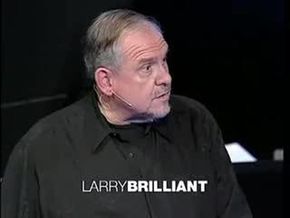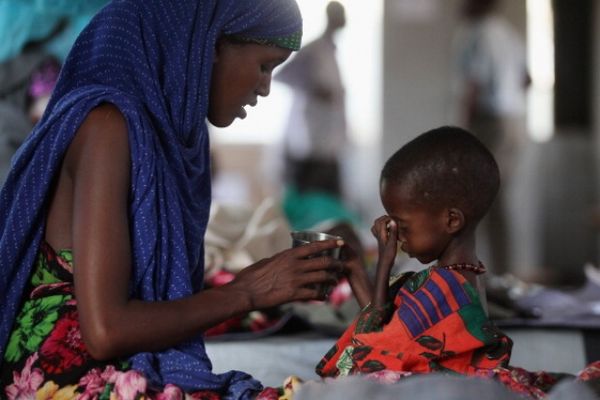Imagine a world where disease doesn't exist. Those infectious, chronic or mental conditions that disrupt our bodies and that we identify by specific symptoms would vanish.
If we never got sick, would we still die? Yep. We'd meet our maker thanks to murders and suicides. We'd fatally overdose on drugs. We'd be hit by cars and killed in other accidents. We'd die in natural disasters and man-made ones, too, such as war. Without food, we'd starve to death.
Advertisement
Would we age in this fantastic world? That depends on whether getting old and getting sick are separate processes. In some ways, they're not. As we age, our bodies lose resilience: They struggle to repair themselves after being damaged (think of a bruise) and to return to normal after being offset (think of staying warm in a cold room) [source: Kennedy]. Plenty of this reduced functionality can lead to disease, such as osteoporosis, but not every age-related change ends in illness. Gray hair, anyone?
We also could probably die of old age, even if there were no disease. Death from falls is a good example. Aging causes changes that aren't diseases but nonetheless lead to falls, like a loss of muscle mass or a reduced ability to correlate blood pressure with bodily position (leading to dizziness). Such modifications make older folks more likely to take a tumble [source: Fauci].
No matter where scientists stand on the relationship between aging and disease, one thing is certain: Without illness, the death rate would drop. Would the population boom so fast that we'd have housing shortages and wars? A couple of theories suggest not, says Marc Boulay, a professor in the department of health, behavior and society at the Johns Hopkins Bloomberg School of Public Health.
Take Europe's population over the past 200 years. Since 1800, sanitation and medicine cut the continent's death rate, and the population of many European countries rose in the short term. People responded by having smaller families, and the population stopped growing [source: University of Michigan]. Why did families stop having so many children? Money, according to the demographic transition theory. Over the centuries, farming families moved to cities, where raising children cost more than it did in rural areas [source: Teitelbaum]. Families had fewer children because they couldn't afford more. By the same logic, if population stretched resources thin in our hypothetical world, families likely would have fewer children.
The small-family trend also may have spread across Europe the way gossip does: by word of mouth. It traveled through areas populated by people who spoke the same language. "If people in France started reducing their fertility, it moved to French-speaking Belgium, but not Flemish-speaking Belgium," explains Boulay. So the world might talk itself out of a catastrophically high population, even if there were no illness.
Learn how heavily peer pressure weighs on our lives in the next section.
Advertisement




